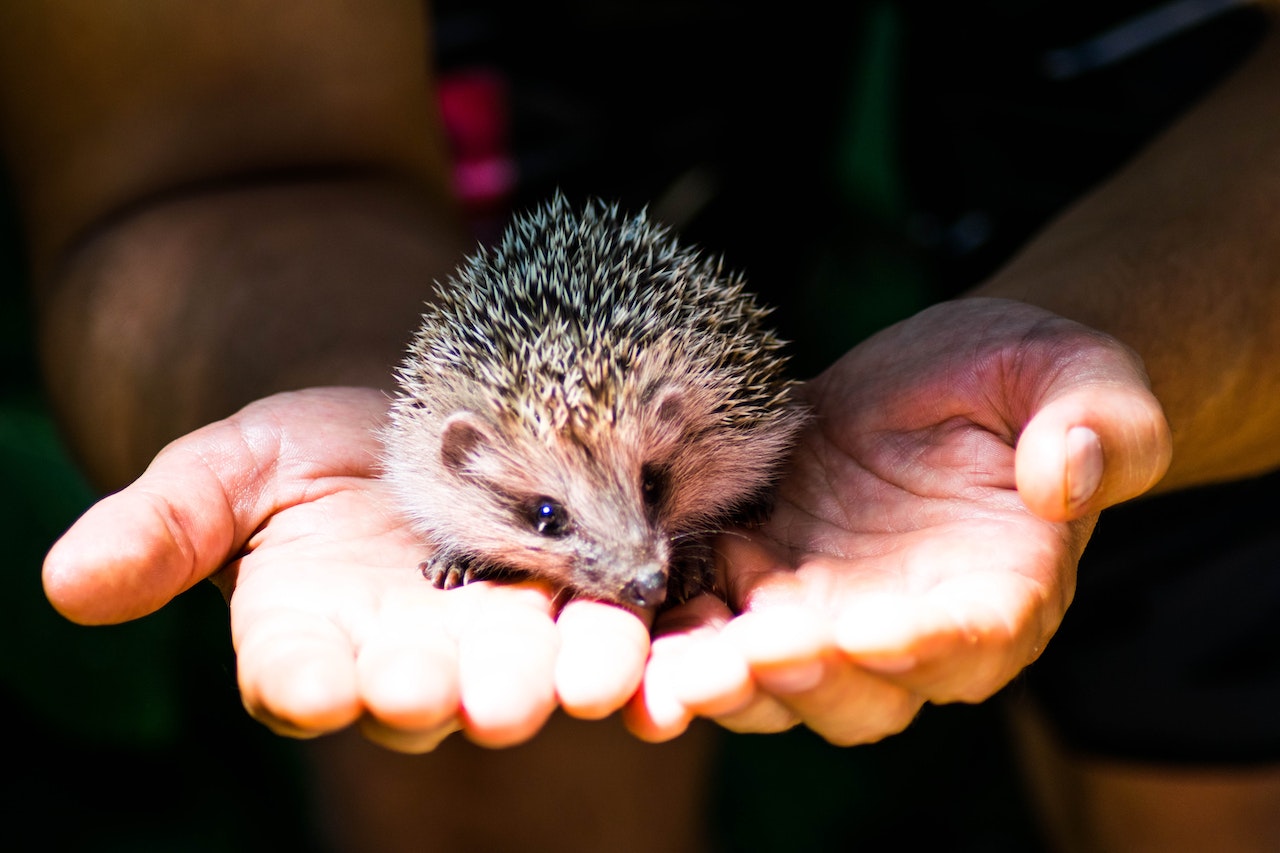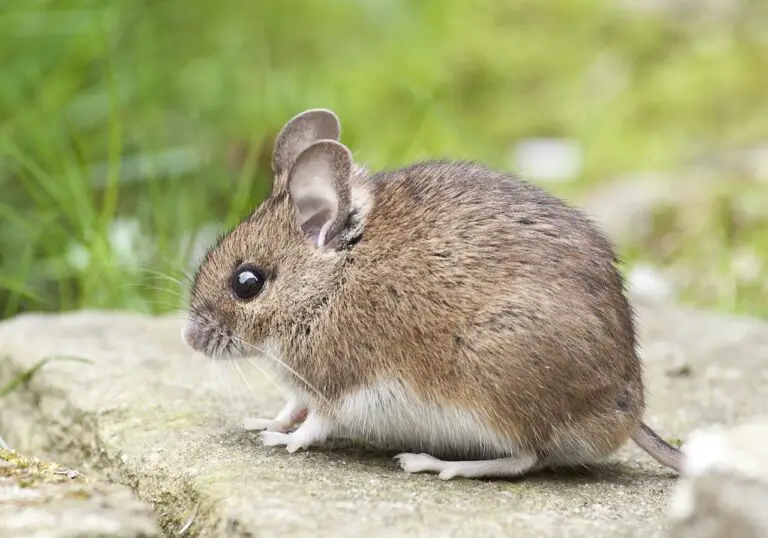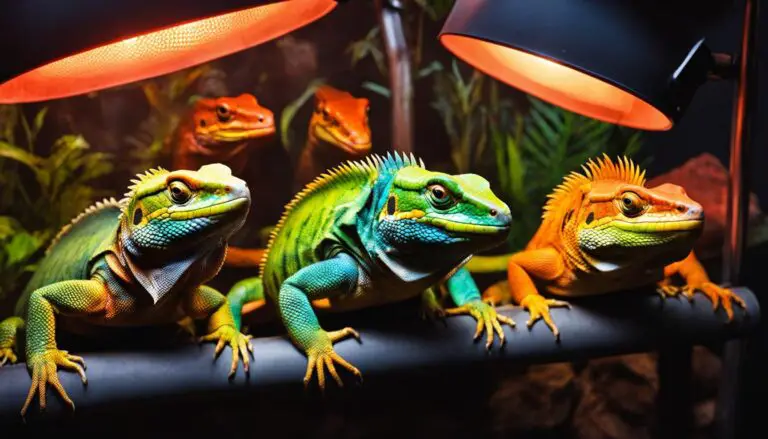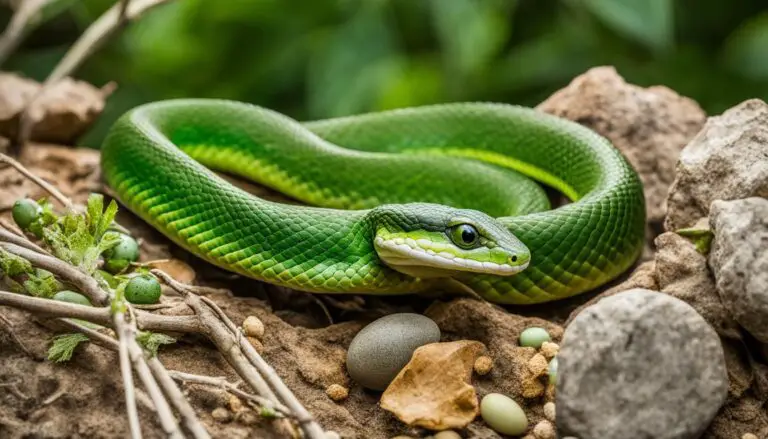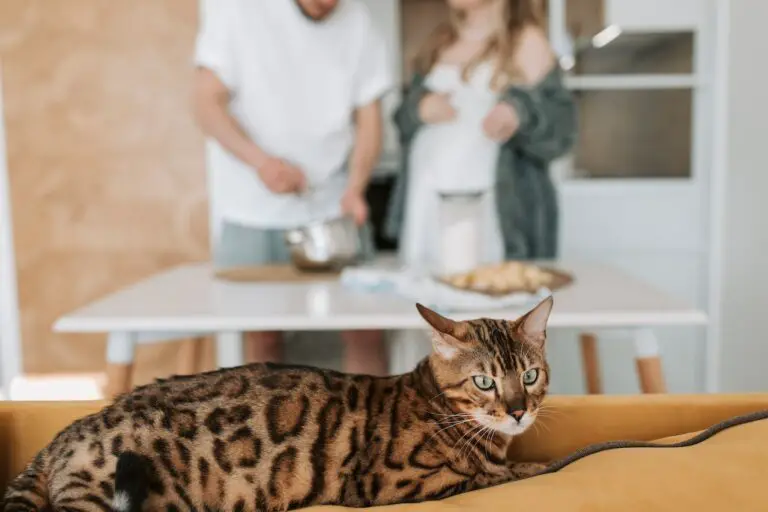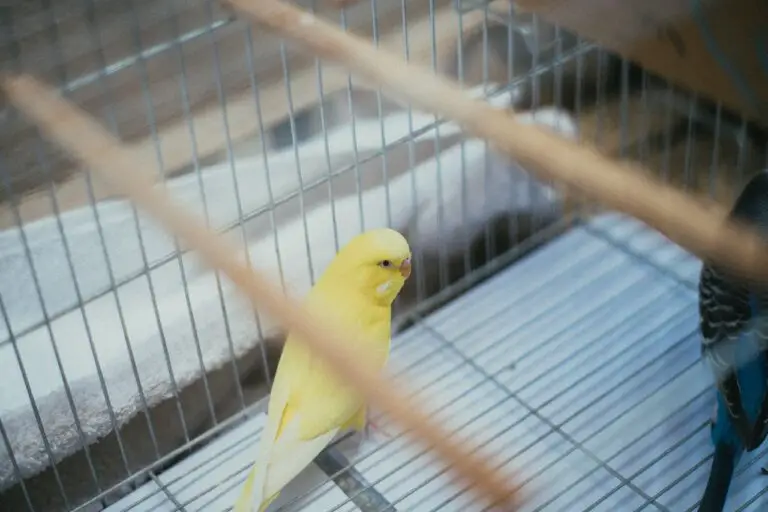Exotic Small Mammals Breeds: The Top 13 Most Fascinating Ones
Are you looking for unique and captivating companions? Look no further!
In this article, we will explore the enchanting world of exotic small mammals.
From their adorable appearances to their intriguing behaviors, these extraordinary creatures have become popular choices for pet enthusiasts.
Whether you’re an experienced pet owner or considering a new addition to your family, let’s delve into the fascinating breeds of exotic small mammals that will steal your heart.
Key takeaways:
- Exotic small mammals offer unique and captivating companionship.
- Each breed has its own specific care requirements.
- Thorough research and commitment are essential before owning an exotic small mammal.
- Enclosures must provide ample space and appropriate environmental enrichment.
- Specialized diets are necessary to meet their nutritional needs.
- Check local laws and regulations regarding ownership of exotic small mammals.
- Some species can be trained with patience and positive reinforcement.
Introduction
Exotic small mammals have gained popularity as pets due to their captivating appearances and distinct personalities.
Unlike traditional domesticated animals, these unique creatures bring a sense of adventure and wonder to your home.
Let’s embark on a journey to discover some of the most fascinating breeds of exotic small mammals that are sure to capture your attention.
The Charm of Exotic Small Mammals
Exotic small mammals possess a charm that sets them apart from more conventional pets.
Their diversity in size, shape, and behavior makes them intriguing companions.
These enchanting creatures provide an opportunity for pet owners to experience the joy of caring for something truly extraordinary.
Some of the key characteristics that make exotic small mammals charming include:
- Unique physical features and appearances
- Unusual behaviors and adaptations
- Captivating personalities and social interactions
- Fascinating natural instincts and abilities
Top 13 Most Fascinating Exotic Small Mammals
Here’s a list of the most captivating exotic small mammals that you can buy:
1. The Exotic Hedgehog
Hedgehogs have become increasingly popular in the exotic pet world.
With their spiky quills and small size, they exude a unique charm.
Hedgehogs are nocturnal creatures known for their docile nature and low maintenance care requirements.
Some essential facts about hedgehogs include:
- Hedgehogs are insectivores and require a diet consisting of high-quality cat food, supplemented with insects and occasional fruits.
- They have a lifespan of around 4-7 years in captivity.
- Hedgehogs are solitary animals and prefer to have their own space.
- Proper handling techniques should be followed to avoid injury from their quills.
2. The Playful Sugar Glider
Sugar gliders are small, nocturnal marsupials originating from Australia.
These adorable creatures have a gliding membrane that allows them to soar effortlessly through the air.
Sugar gliders are highly social animals and thrive in pairs or small groups.
Some key points about sugar gliders are:
- Sugar gliders require a specialized diet that consists of a variety of fruits, vegetables, insects, and a specially formulated pellet diet.
- They need a spacious cage with plenty of vertical space for climbing and exercise.
- Sugar gliders have a lifespan of around 12-15 years in captivity.
- They form strong bonds with their owners through regular handling and social interaction.
3. The Curious Fennec Fox
Fennec foxes are known for their large ears and captivating eyes.
Originating from the Sahara Desert, these small canines have adapted to the harsh desert environment.
Fennec foxes are curious, intelligent, and energetic, making them an engaging companion for experienced pet owners.
Some important considerations about fennec foxes include:
- Fennec foxes have specific dietary requirements and need a diet that replicates their natural diet in the wild, including a variety of insects, meat, and vegetables.
- They require a spacious and secure outdoor enclosure or a large indoor space with access to a safe outdoor area.
- Fennec foxes have a lifespan of around 10-15 years in captivity.
- They require mental and physical stimulation to prevent boredom and destructive behavior.
4. The Quirky Axolotl
The axolotl, also known as the Mexican walking fish, is an amphibian that captivates with its unique appearance.
This aquatic creature retains its juvenile characteristics throughout its life, making it an eternal cutie.
Some key points about axolotls include:
- Axolotls require an aquatic setup with clean water, proper filtration, and a suitable temperature range.
- They are carnivorous and primarily eat live or frozen bloodworms, brine shrimp, and other small aquatic invertebrates.
- Axolotls have a lifespan of around 10-15 years in captivity.
- They have the ability to regenerate lost body parts, making them a fascinating species to observe.
5. The Lovable Pygmy Goat
Pygmy goats have an irresistible charm that has made them popular among pet enthusiasts.
These pint-sized goats are intelligent, social, and full of energy.
Some crucial facts about pygmy goats include:
- Pygmy goats require a spacious outdoor enclosure with secure fencing to prevent escapes.
- They have specific dietary needs and should be provided with a balanced diet of hay, fresh vegetables, and specialized goat feed.
- Pygmy goats have a lifespan of around 10-15 years and can provide companionship and entertainment with their playful antics.
- They are herd animals and thrive in the company of other goats or with human interaction.
6. The Elegant Serval Cat
Serval cats are medium-sized wild cats that possess a striking appearance reminiscent of their African heritage.
Their long legs, large ears, and distinctive coat patterns make them a visually captivating breed.
Some important considerations about serval cats include:
- Serval cats have specialized dietary requirements and need a diet that includes high-quality meat, bones, and organs.
- They require a large and secure outdoor enclosure to fulfill their exercise and exploration needs.
- Serval cats have a lifespan of around 15-20 years in captivity.
- Due to their wild instincts, serval cats require experienced owners who can provide appropriate care and enrichment.
7. The Adorable Prairie Dog
Prairie dogs are small, social rodents that have gained popularity as unique pets.
These sociable creatures form intricate underground burrow systems and live in tight-knit colonies.
Some vital information about prairie dogs includes:
- Prairie dogs have specific dietary needs and should be provided with a balanced diet of hay, grasses, vegetables, and occasional insects.
- They require a spacious indoor or outdoor enclosure that mimics their natural burrowing behavior.
- Prairie dogs have a lifespan of around 7-10 years in captivity.
- They are highly social animals and require regular interaction and mental stimulation to prevent loneliness and boredom.
8. The Unique Kinkajou
Kinkajous, also referred to as honey bears, are native to the rainforests of Central and South America.
These arboreal mammals have a prehensile tail, allowing them to navigate through treetops with ease.
Some important facts about kinkajous include:
- Kinkajous have a specialized diet that consists of fruits, nectar, flowers, and insects.
- They require a spacious and enriched enclosure that allows for climbing and exploring.
- Kinkajous have a lifespan of around 20-25 years in captivity.
- They are highly active and need regular mental and physical stimulation to prevent boredom and destructive behavior.
9. The Captivating Wallaby
Wallabies are marsupials closely related to kangaroos.
These small-sized kangaroo cousins are known for their agility and endearing personalities.
Some essential considerations about wallabies include:
- Wallabies require a large outdoor enclosure with plenty of space for hopping and grazing.
- They have a specialized diet that includes hay, fresh grass, vegetables, and a small amount of pellet food.
- Wallabies have a lifespan of around 12-15 years in captivity.
- They require mental and physical stimulation and benefit from interaction with their human caregivers.
10. The Charming Capybara
Capybaras are the largest rodents in the world and are native to South America.
Their friendly and sociable nature has earned them the reputation of being the world’s friendliest rodent.
Some critical information about capybaras includes:
- Capybaras require a spacious outdoor enclosure with access to water for swimming.
- They have a specialized diet that includes a variety of grasses, hay, and fresh vegetables.
- Capybaras have a lifespan of around 8-12 years in captivity.
- They are highly social animals and thrive in the company of other capybaras or with close human interaction.
11. The Delightful Skunk
While skunks may not be the first creatures that come to mind when considering exotic pets, they can make surprisingly charming companions.
Some important considerations about skunks include:
- Domesticated skunks have their scent glands removed, eliminating the strong odor typically associated with them.
- Skunks require a spacious indoor enclosure with hiding spots, toys, and opportunities for exercise.
- They have a lifespan of around 10-12 years in captivity.
- Skunks are intelligent and can be trained with positive reinforcement methods.
12. The Beautiful Chinchilla
Chinchillas are small rodents known for their incredibly soft fur and adorable appearance.
Some vital information about chinchillas includes:
- Chinchillas require a spacious multi-level cage with platforms and plenty of opportunities for exercise.
- They have a specialized diet that includes hay, high-quality pellets, and occasional fresh vegetables.
- Chinchillas have a lifespan of around 10-15 years in captivity.
- They are social animals and thrive in pairs or small groups.
13. The Mesmerizing Slow Loris
Slow lorises are small primates known for their big round eyes and deliberate movements.
Some important considerations about slow lorises include:
- Slow lorises are protected species and are not suitable as pets due to their specialized care requirements and conservation status.
- They have a diet that consists of nectar, fruits, gums, and small insects.
- Slow lorises have a lifespan of around 15-20 years in captivity.
- They are primarily nocturnal and arboreal, spending their lives in trees.
Conclusion
Exploring the world of exotic small mammals is a captivating journey filled with unique and enchanting creatures.
From hedgehogs and sugar gliders to fennec foxes and pygmy goats, each breed offers its own set of characteristics that make them fascinating companions.
However, it is essential to remember that owning an exotic small mammal requires thorough research, commitment, and the ability to meet their specific needs.
By welcoming these extraordinary creatures into your life, you embark on a rewarding and enriching experience that allows you to appreciate the diversity and wonder of the animal kingdom.
FAQs
Are exotic small mammals suitable for first-time pet owners?
Exotic small mammals can be more challenging to care for compared to traditional pets.
It is recommended for first-time pet owners to start with more beginner-friendly pets before considering exotic species.
What type of enclosure is suitable for exotic small mammals?
The enclosure requirements vary depending on the species.
Providing ample space, proper temperature and humidity levels, and environmental enrichment that mimics their natural habitat is crucial.
Do exotic small mammals require specialized diets?
Yes, exotic small mammals often have specific dietary needs.
It is essential to research and provide a balanced diet that meets their nutritional requirements.
Are exotic small mammals legal to own as pets everywhere?
The legality of owning exotic small mammals as pets varies from region to region.
It is essential to check local laws and regulations before considering any exotic pet.
Can exotic small mammals be trained?
Some exotic small mammals can be trained with patience, consistency, and positive reinforcement.
However, each species has its own learning abilities and limitations.
Peter Stones is the founder of Exotic Pets Place, the leading online resource for exotic pet care information.
With over 10 years of hands-on exotic pet ownership experience, he is deeply passionate about sharing his expertise to help others properly care for their unusual pets.
When he's not writing extensively researched articles or connecting with fellow exotic pet enthusiasts worldwide, you can find Peter at home tending to his own beloved menagerie of exotic animals.

